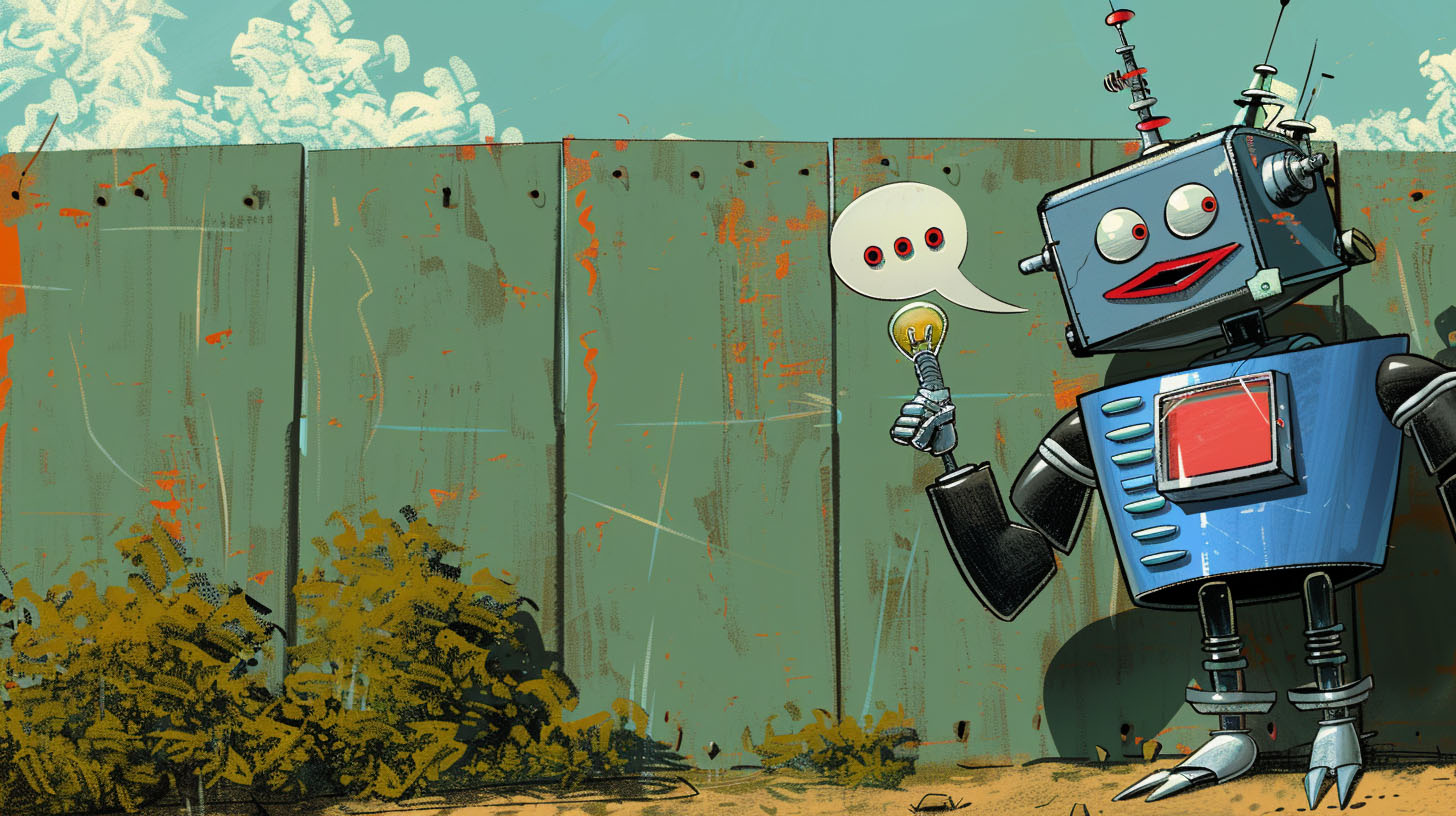Students' thoughts on AI and wicked problems.

Last week, our course wrapped up work on the Using Generative AI assignments and next, we turn to the future: Wicked Problems and Causal Layered Analysis. Here’s what’s on students’ minds.
In class today, we viewed the AI-generated music videos, and I truly was blown away. The one of the desert truly was something that I would think was professionally made with an entire cinematography team. However, when we look at AI, whether it be sound, video, or text, we see there being a limitation of memory. When is a tangible timescale that we could see AI produce an entire movie, or things of that scale in images, videos, text, etc?
When text to video becomes comparable to real live video, what will become of the entertainment industry as a whole. Do you think there will still be a novelty to “vintage” entertainment?
I know AI has gotten really advanced, but will AI ever be able to make entertainment based things such as movies or music without people being able to recognize that the piece of art is made by AI? And if it does, will we get to a point in society where people will just accept the fact that pieces of art that they are viewing is made by AI and don’t care that the thing they are viewing doesn’t have human touch put into it?
Should AI be feared at all for the future or can we trust the makers?
How do AI tech companies profit from non-subscribing users?
A question I have is, How can organizations harness the full potential of generative AI to drive innovation and efficiency? Further, while also ensuring that they implement checks and balances to not become over reliant and susceptible to models potentially causing issues.
How can designers keep themselves righteous when using generative AI?
Have you heard of the car Waymo? If so what are your thoughts and do you honestly think it is safe to be in a self driving car generated by AI?
What strategies should be implemented to lower the risks of integration of AI into various industries and critical infrastructure?
How will laws and policies affect professional workplaces? Should professionals be obligated to admit to their clients or employers that they used AI as part of their final work (whatever that may be)? Or will there be contingencies, laws, or policies to prevent their use of AI?
Are we able to use a GPT to create GPTs?
How can generative AI be used to enhance personalized learning experiences in education?
How soon could we start to see national legislation around AI?
What will the first laws on AI be on? And what will the full list of laws on AI look like in the future?
Is it possible for AI to completely master human language?
How might AI change the way we interact with our friends and loved ones?
How does chat AI ensure accuracy and reliability in providing information, especially when faced with complex queries?
Let’s talk about in the future, how will AI change our daily lives and society?
I had an epiphany: could one use generative AI to keep generating AI until we have the best generative AI?
This goes along with the assignment we are working on now with our communities; how will the government limit AI usage to where it can’t incriminate others or make others look like they are doing something they haven’t done?
I feel like most people use AI to help with issues on a smaller scale. At what point will AI be used to help global challenges such as healthcare ir climate change? Or if this is already happening, how are they using AI to help with it?
What exactly is Causal Layered Analysis and how does it work, etc?
Out of the AI platforms out right now, which platform would you say is the most advanced?
Looking at how many groups there were for our most recent project, the biggest question I have is, where does most of the generative AI use come into play in the professional field? Are there certain jobs where people are using it every day as a resource and others where it is totally obsolete?
What percentage of the workforce could be taken over or replaced by AI in some way?
I thought it was interesting how we talked in class today about the concept of time. I especially thought it was interesting how there is a general understanding of certain activities “wasting time” or causing time to be lost. I wonder how AI can play a role in “time wasting” activities in the future.
If a problem does not have a definitive solution, and never will, is it always considered a Wicked Problem? If not, what distinguishes it from not being one?
What are some wicked problems in the world today, and if so how will they be fixed? We as a community, have had these problems before, known as wicked problems that have been solved.
What are some of the most talked about wicked problems in today’s world?
What are the risks of over relying on AI to attempt to solve wicked problems?
What are the potential risks of leveraging and even relying on AI to solve wicked problems?
Is anything truly a wicked problem? After all how do we know a future solution will not be reached. Problems now solveable were once thought to be wicked problems.
How does understanding the insides and outs of wicked problems correlate to generative AI?
I look forward to these questions every other week. Today in class, we’ll discuss them as a class!
Be the first to comment.